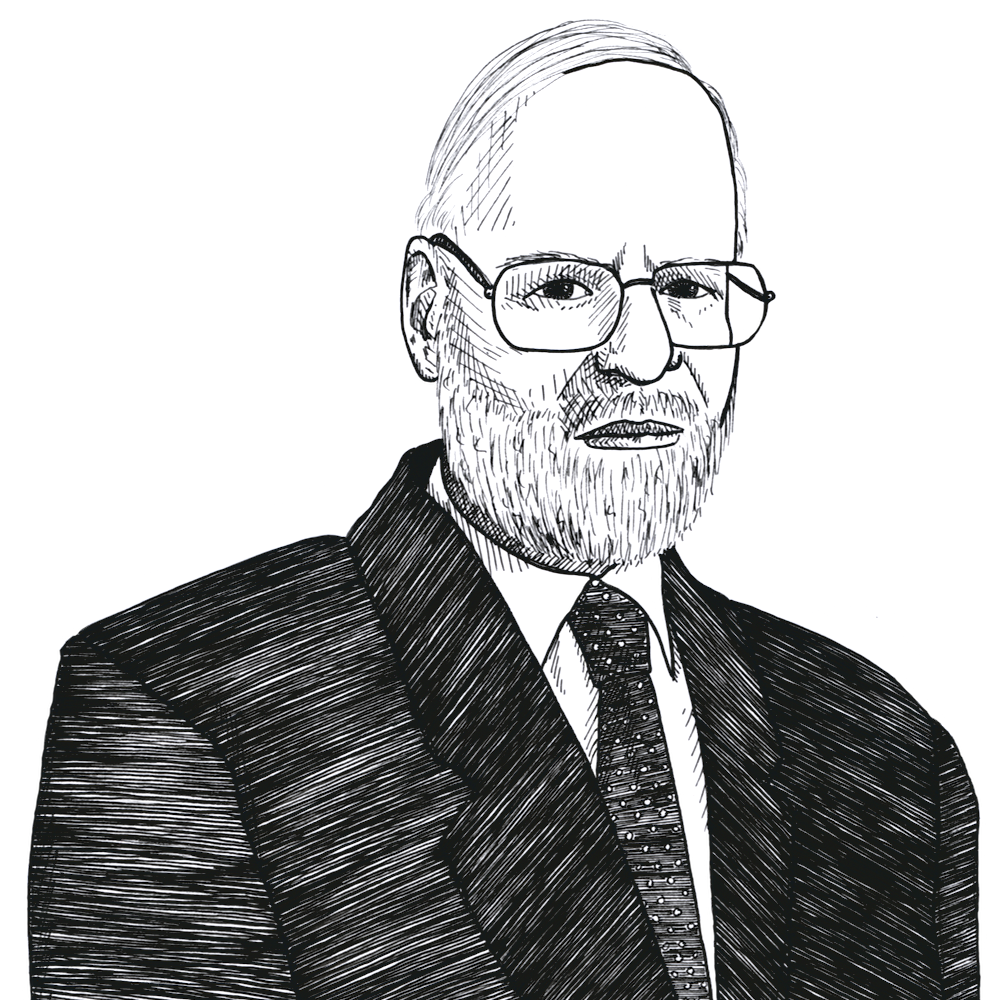
Israel Kirzner on the Individual and the Market
Found in: Market Theory and the Price System (2011)
For most of history, in most places, individual human beings lived under undignified circumstances measured by the standards of modern Western societies. Not only have they lived in the most abject poverty, but also under oppressive social norms, again, if measured by today’s Western perspective. The development of a free society (in opposition to the existence of freedom for some classes of individuals in a still oppressive regime) is a modern phenomenon. Arguably, a free society may be distinguished from its opposite when its predominant form of human collaboration happens in the market, or as Israel Kirzner puts it:
Economics
In a predominantly free society, individuals are in most respects at liberty to act as they choose. That is, in such a society an individual is generally at liberty to take advantage of any opportunity (as he perceives the existence of such an opportunity) in order to improve his position (as he understands the idea of improving his position). He is free to act in isolation, and he is free to engage in acts of exchange with other individuals (whenever he and some other individuals both perceive the opportunity of mutual benefit through trade). As we shall find, such opportunities for mutually advantageous exchange arise constantly in society. Moreover, the exploitation by individuals of these opportunities opens up yet further opportunities of the same kind, both to the individuals themselves and to others in the society. (FROM: THE INDIVIDUAL AND THE MARKET) - Israel Kirzner